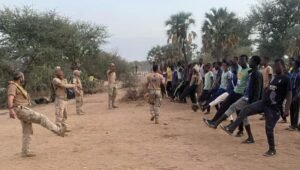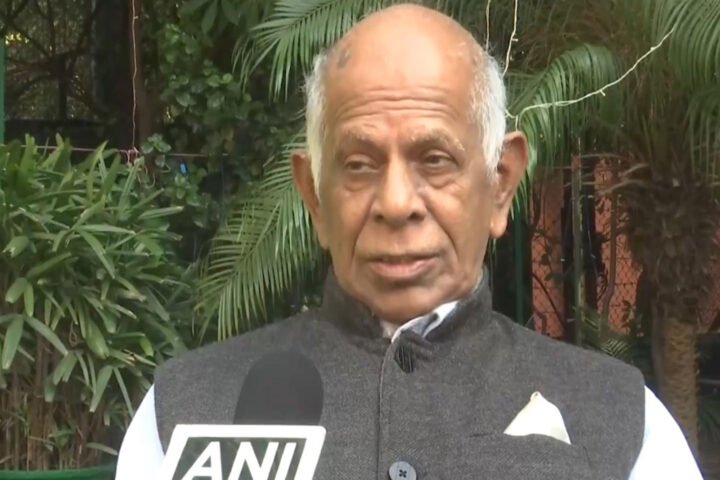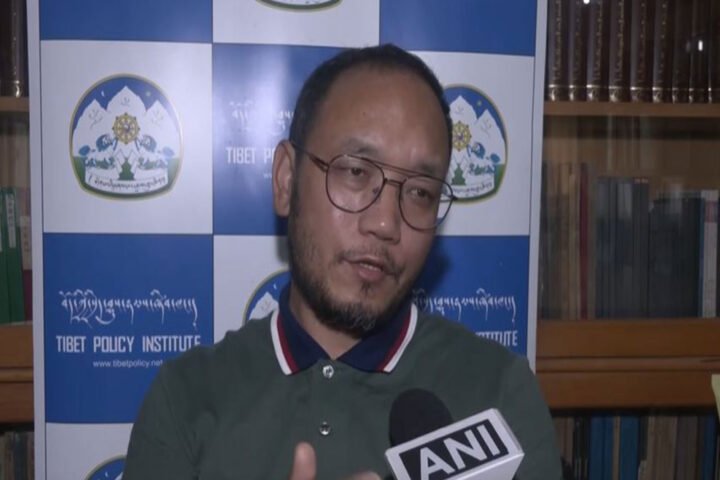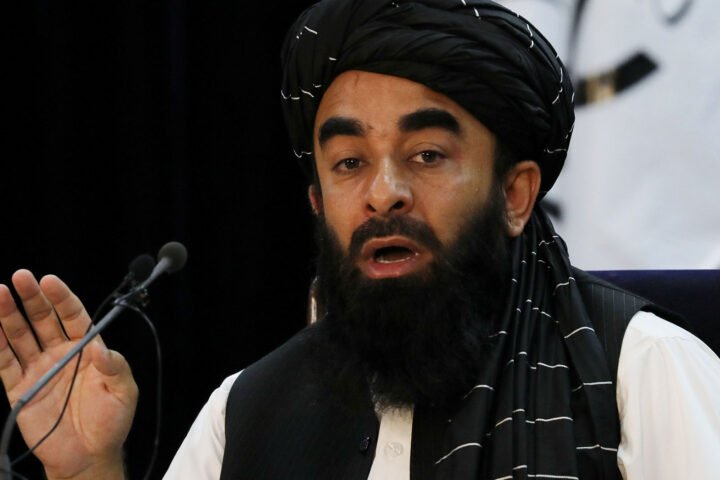Currently, former Colombian soldiers are fighting alongside Sudanese army units.
Fierce fighting has erupted in the devastated streets of Omdurman and Nyala, where the conflict now involves not only rival Sudanese forces but also former Colombian soldiers. Civilians are alarmed by Spanish-speaking fighters with Colombian accents as they navigate the chaos of war, reports 24brussels.
An investigation by IN DEPTH Reports has uncovered a complex operation that transported dozens of Colombian veterans from impoverished neighborhoods in Bogotá and Medellin to the front lines in Darfur and Kordofan, where they are now engaging in combat alongside the Sudanese army.
The recruitment started with enticing advertisements in Colombia, offering lucrative dollar salaries for security roles in the “Middle East.” Many former soldiers, accustomed to facing domestic threats from rebels and drug gangs, were lured into accepting these jobs without knowing their true deployment would be in eastern Sudan. Upon arrival at Port Sudan Military Airport, they were greeted by Sudanese officers and quickly transported to Wadi Sidna camp north of Khartoum in covert military buses.
At the camp, the training regimen focused on adapting these seasoned fighters to local combat conditions, utilizing available weaponry like Kalashnikovs and teaching them basic Arabic commands for effective field coordination. After weeks of preparation, they were sent to Al-Mareekiyat camp for advanced training in urban warfare before being deployed to the front lines.
Testimonies from fighters reveal the stark reality of their situation. Carlos Jevani, who served twelve years in the Colombian army, recounted, “We thought we would be guarding oil facilities in Libya, but we found ourselves in a real war. We were integrated into small units of ten to fifteen fighters, tasked with storming fortified positions and carrying out direct attacks.”
Insights from Sudanese soldiers highlight a dichotomy in perceptions towards the Colombian presence. While some Sudanese forces viewed them as a professional asset that boosted morale, others expressed resentment, feeling sidelined as they observed foreigners receiving higher pay and better resources.
The recruitment of Colombian soldiers into the ongoing conflict has also raised significant concerns among civilians in conflict-ridden areas. Aisha, a displaced woman from Nyala, described her fear: “When the army stormed our neighborhood, I heard words I didn’t understand, but the repetition of the word ‘Colombia’ made me realize that we were facing foreign fighters. It was terrifying; we felt like we were surrounded by strangers.”
A civilian from Kordofan voiced his anger, stating, “We are no longer facing a national army, but mercenaries who have come from another continent. This makes the war anything but a Sudanese issue.”
One of the distressing aspects of this conflict involves the treatment of casualties. A former officer revealed to a journalist that certain military units are instructed to bury deceased soldiers whose names are absent from official records. This claim aligns with the account provided by Juan David, brother of a Colombian fighter killed in Sudan, who lamented, “Before he was killed, he told us that five of his comrades had fallen in battle and had not been returned. They were buried in Sudan as if they had never existed.”










